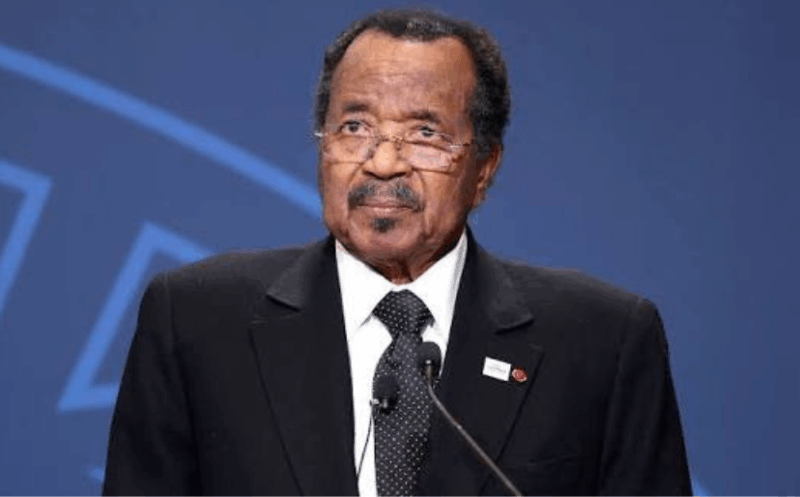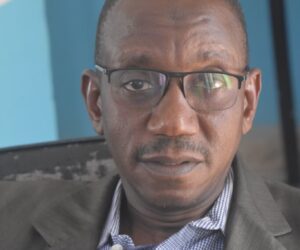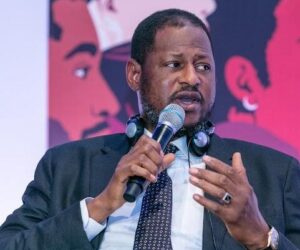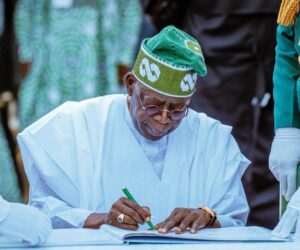Cameroon’s Constitutional Council today confirmed 92-year-old Paul Biya as the winner of the October 12 election, extending his rule into an eighth term with 53.66% of the vote. Yet, for many young Cameroonians, the announcement was less a victory than a breaking point.
So far, there have been reports of widespread protests erupting across cities like Douala, Garoua, and Yaoundé, leaving several dead and prompting a heavy-handed security crackdown and internet throttling.
But the fallout from Biya’s reelection reaches far beyond politics. It has cast a long shadow over Cameroon’s fledgling technology and cryptocurrency sectors, both of which have been touted as pathways to economic diversification and youth empowerment. As the country teeters between repression and reform, its digital future hangs in the balance.
The president’s reign, spanning over four decades, has been marked by an uneasy blend of modernisation and control. His government’s top-down economic policies have often stifled private enterprise and limited innovation.

The country’s digital scene has long felt like a promise half-kept. Governments have rolled out high-visibility “digital transformation” projects like e-government portals and laptop distribution drives, while the economy’s deeper plumbing, reliable power, broadband, and regulatory clarity lag. That gap means the country’s nascent startups, freelancers and crypto users are building on uncertain ground. Now political upheaval has put that ground in even more unstable.
Now, as Biya begins another term amid accusations of electoral fraud, the country’s tech ecosystem faces renewed uncertainty. Foreign investors are wary, fearing instability and outright internet shutdowns, a tactic already confirmed by network monitoring groups like NetBlocks in the wake of the protests. For local entrepreneurs and developers, these blackouts threaten not just livelihoods but the very infrastructure of innovation.
Cameroon’s Gen Z revolt against Paul Biya
Over 70% of Cameroonians are under 35, forming one of the youngest populations on the continent. This digitally native generation has grown up with smartphones, social media, and global awareness, yet remains trapped in an economy offering few opportunities. Their frustration has now boiled over into the streets.
Also read: Decentralised voting: Can blockchain secure Africa’s elections?
Echoing movements from Kenya’s anti-tax protests to Nigeria’s #EndSARS, Cameroon’s youth are mobilising online and offline, using encrypted apps, VPNs, and livestreams to organise and document dissent. The government’s response, arrests, censorship, and communication blackouts, illustrate a widening chasm between an ageing elite and a hyperconnected youth.
This generational clash is not just political; it’s deeply technological. The same tools that empower innovation also empower dissent.
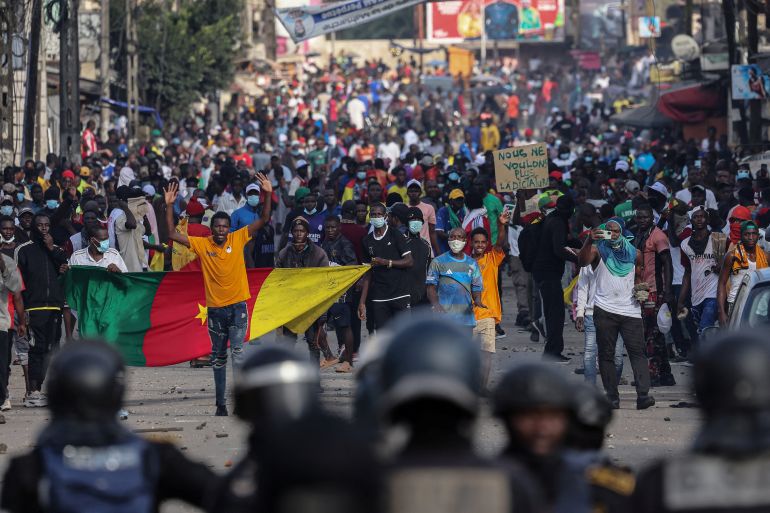

The tinkering with the internet by the government poses an existential threat to Cameroon’s digital economy. Startups, fintech firms, and crypto users rely on stable connectivity for transactions, cloud services, and remote work. Each hour of downtime translates to lost income, investor anxiety, and diminished trust in digital infrastructure.
Meanwhile, its crypto scene, operating in a legal grey zone under the CEMAC framework, mirrors the continent’s broader trend of grassroots adoption driven by economic necessity. With limited access to banking and high remittance costs, cryptocurrencies offer an appealing alternative for savings, transfers, and business transactions.
However, Biya’s government could view this very flexibility as a threat. If authorities suspect that crypto is funding protests, they may tighten surveillance and licensing requirements. Similar crackdowns have occurred in Nigeria, Uganda, and Zimbabwe, where regimes framed crypto use as a national security risk.
Still, crypto often thrives under pressure. In politically unstable environments, it becomes a tool of financial resistance, a means of transacting outside state control. Cameroon’s tech-savvy diaspora, for example, already uses Bitcoin and stablecoins to send remittances home faster and cheaper than traditional channels allow. These flows could increase as formal systems become less reliable.
Maybe one of the biggest implications of political turmoil is its inevitably chilling investor sentiment. Venture capital firms and international partners may redirect funding to safer ecosystems in Kenya, Rwanda, or Ghana. Meanwhile, local talent, already strained by limited opportunities, could accelerate migration to regional hubs like Lagos or Cape Town, deepening Cameroon’s brain drain.


For now, Cameroon faces two possible futures. In one, Biya doubles down, tightening control over information flows, restricting crypto, and maintaining the illusion of “digital modernisation” through tightly managed state projects. The tech sector would survive, but under constant constraint, its potential dulled by fear and censorship.
In the other, sustained youth pressure and international scrutiny could force regime change or at least a digital opening under President Biya, a commitment to transparency, innovation, and genuine reform. Gen Z’s defiance, coupled with diaspora and investor engagement, could ignite a homegrown digital renaissance, positioning Cameroon as a resilient hub for African Web3 and civic tech innovation.
Paul Biya’s reelection has exposed the fragility of Cameroon’s digital aspirations. Yet it has also spotlighted a generation unwilling to surrender their future to repression. The country’s youth understand that technology is not just an industry; it’s a form of power.

